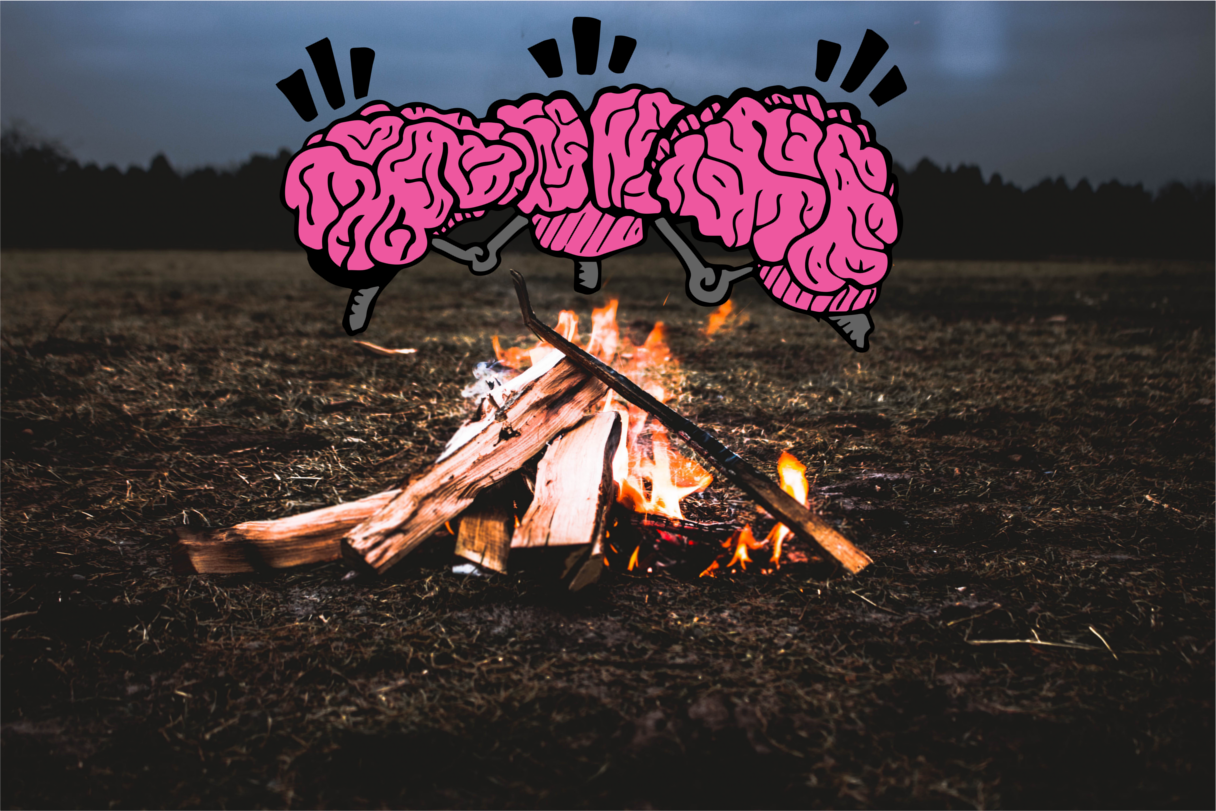It’s interesting how in a time when connection is constant, it’s also sparse.
Connectivity is a tech term, a marketing device, a buzzword. Buy the best connectivity, pay for more reception. Connection is massively rooted in this culture. Despite constant connectedness, it seems as though a lot of us don’t feel seen or heard.
This is a lonely society. We’re maxed out on connectivity — unless we add more hours to a day, it’ll be hard to find more time to “connect.” We’re the most connected we ever have been — but our connections are a caricature of real intimacy.
In his well-received book Social: Why Our Brains Are Wired to Connect, Matthew D. Lieberman states that connection is as critical for life as food and shelter. The brain is wired to connect and harmonize with other humans. This isn’t hyperbole, he means social connection keeps humans alive. And not because we’re born pathetically useless and stay that way until we’re 25 — it’s the richness of community, not its practicalities that sustain humanity. Humans are made to bond.
And when we lack deep, personal connection with other people, things go wrong.
In his book, Lieberman references a study that suggests acetaphetamine (Tylenol) can reduce social pain — that is, pain experienced from rejection or loss. Apparently, social pain may rely on the same behavioural and neural mechanisms that register physical pain. Without getting deep into the chemistry, acetaphetamine works on the central nervous system (as opposed to say, ibuprofen (Advil), an anti-inflammatory, which works peripherally) and emotional and physical pain have similar neural signatures and activate similar regions of the brain.
According to Lieberman,”Our sensitivity to social rejection is so central to our well-being that our brains treat it like a painful event.”
I’ve seen personal examples of how social deprivation leads to wasted away lives and physical pain. There’s a brilliant TED talk by Johann Hari provocatively titled, “Everything you think you know about addiction is wrong.” In it, he outright states that addiction results from a lack of human connection. It’s too bad that we’re not better at doing community.
When humans don’t have the community that their body needs to survive, they seek it out. Sometimes they end up in dangerous groups; as Hari pointed out, sometimes they look for it in substance abuse — maybe heroin, alcohol, or pornography.
It’s no wonder that the happiest people are those who feel a deep sense of belonging. Whether seeking out pub crawls or sewing circles — or fringe fanclubs — people need to belong. More often than not, we find communities that reflect our values.
This weekend I was in a place without reception. I saw more wild bears than wifi bars. It wasn’t the middle of nowhere either — a relatively well-populated town, just no cell towers nearby. The experience was therapeutic. In disconnecting from the global village, I could focus entirely on this thing called human interaction.
As my body climatized to the no-cellphone environment, it didn’t take long for my mind to awaken to the serenity, where the only people who exist are next to you and a conversation can last for hours, uninterrupted by bad vibrations.
That short amount of time was a fulfilling experience. But it would be unrealistic to turf my phone and pretend like that’ll bring me peace. In truth, the drudgery of daily living sinks into any lifestyle, given enough time. But it did serve as a reminder that all of this exists for community. I think that’s the most important thing.


